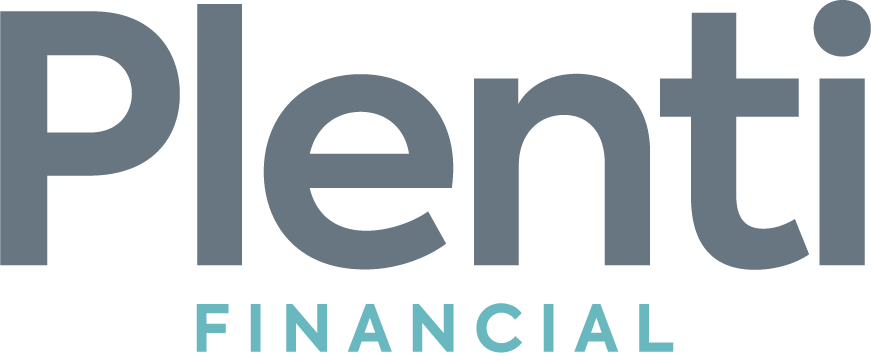Whenever you sell a property that you own, the government expects you to pay capital gains tax on any profit that you have made. In some cases, this amount could be as much as 40% of your overall profit so on a $100,000 profit you might only actually reap the benefits of $60,000. It can be incredibly frustrating watching a large chunk of your profit being taken away, particularly when it might make all the difference when it comes to your next investment.
What if we would tell you that there was a way of deferring that tax so that you can put the money into your next venture? An IRS process called a 1031 exchange makes that possible and enables you to potentially defer that tax until such a time when you wish to purchase land or property that doesn’t qualify for the process. However, unsurprisingly there are a variety of rules and regulations that must be adhered to if you are to reap the benefits of a 1031 exchange. One of these refers to the type of property that you wish to exchange for.
When you choose to do a 1031 exchange, the property that you exchange for must be ‘like-kind’ for them to be classed as tax-deferrable. The Income Revenue Code 1031 after which this process is named defines like-kind properties as those that have been held for productive use in a business, a trade or as an investment. This means that primary residences are excluded from the 1031 exchange process. You are also unable to purchase and ‘flip’ properties on a short-term basis as although the IRS doesn’t specify a period of time that a property should be held for before doing an exchange, the general consensus is that you should hold on to your investment for a minimum of 12 months before attempting to sell and reinvest.
What is a 1031 exchange property?
The term ‘like-kind’ refers to properties that are similar in nature or character, even if there are significant differences in grade or quality. Some good examples of like-kind property exchanges include:
- A condo unit for a warehouse
- A hotel for an office building
- A farm/ranch for an apartment building
- An office building for a shopping center
- Commercial property for unimproved property
- An industrial building for a multifamily property
Does land without a building qualify for a 1031 exchange?
The land you own may have never had a building placed upon it, or perhaps it once did and you have had whatever property was on it levelled. Regardless, so long as your land has been held as an investment, it may qualify for a 1031 exchange. Vacant land will always qualify for a 1031 exchange regardless of whether it is leased or not.
Utilize your exchange facilitator.
1031 exchanges cannot be carried out yourself. Instead, you must go through a qualified exchange facilitator. The facilitator purchases the property that you are relinquishing and transfers it to the buyer. The buyer then pays the facilitator who holds the cash on your behalf until you are ready to purchase the replacement or ‘exchange’ property. They then purchase this on your behalf and transfer it to you, completing the process.
Conclusion
Since your 1031 exchange facilitator will have the unique knowledge and experience required to complete the process, they will be able to advise you every step of the way. This includes helping you to find the ideal, qualifying investment.


